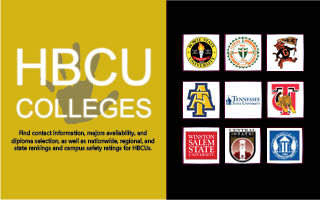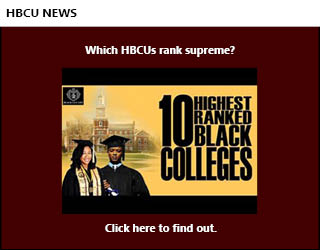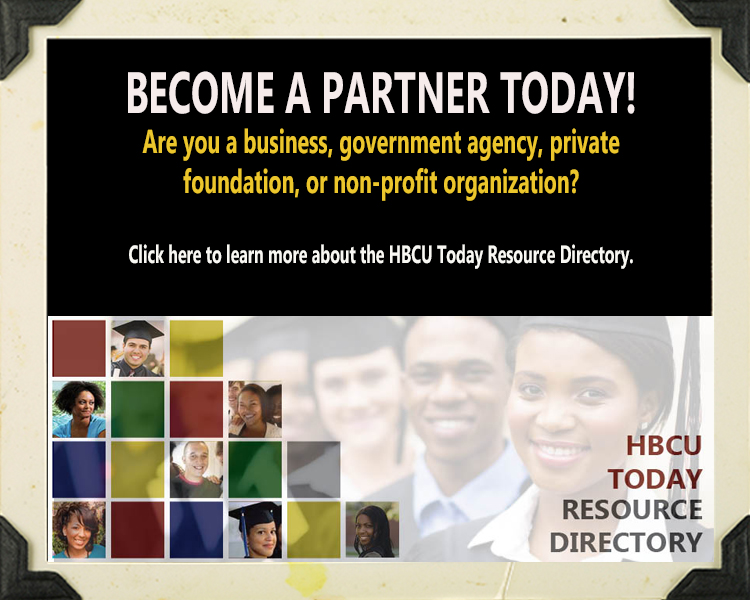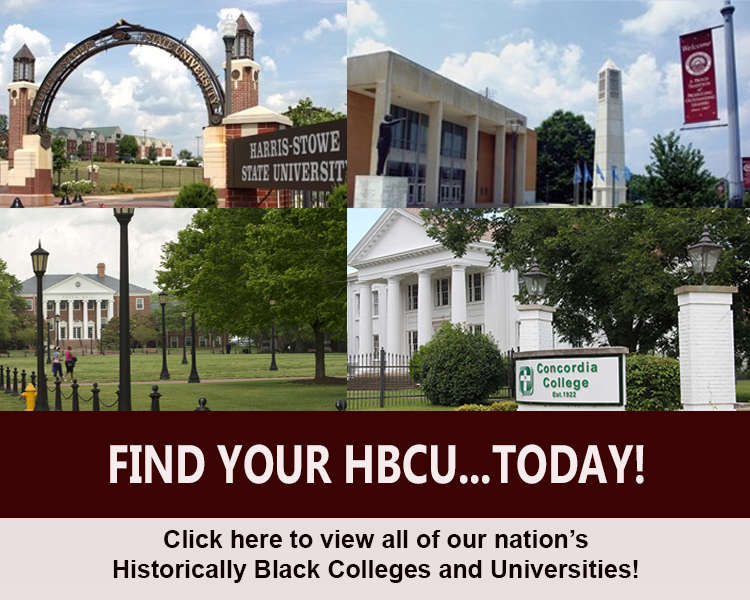Black Legacy Organizations: Still Key to the Success of HBCUs
- Details
- Written by Meta Williams
During the civil rights movement and in the years since, tens of thousands of community-based organizations have formed that are dedicated to the fight for freedom, access, and equality. But it is the African-American legacy, or affinity, organizations that are still a chief mobilizing force around important issues facing black people. Nowhere is this more apparent than in the role legacy groups play in helping to keep the power, legacy, and value of HBCUs alive and thriving.
The historic reality of Barack Obama's election to the presidency is still unfolding all around the world and is ushering in a perceptible shift in how black people are perceived. People of color around the globe have a newfound sense of pride and belief in their own possibilities. Yet the pride felt among African-American legacy organizations—that have long been on the frontlines of the battles for freedom and equality—is beyond what most can imagine.
"I don't want nobody to give me nothing. Open up the door and I'll get it myself. Do you hear me?"
This simple, yet powerful lyric offered by one of the greatest poets of the twentieth century, the incomparable James Brown, illustrates the spirit and mindset of American blacks who have fought for independence and freedom throughout history. Even in the face of laws and systems designed to dehumanize and exclude blacks from mainstream society, we have always had leaders with vision who had the yearning and courage to speak truth to power.
One of the earliest demonstrations of this quest for freedom from white-controlled institutions was the founding of the African Methodist Episcopal (AME) Church by Richard Allen in 1816. The AME church also founded the first black-owned institution of higher learning, Wilberforce University, and was a champion of higher learning for blacks. Today, the AME church boasts more than four million members worldwide and is among the largest and most influential of the network of African American legacy organizations. The National Baptist Convention, founded in 1895, is also recognized as one of the largest black organizations, with more than eight million members worldwide.
The first fifty years of the twentieth century marked the humble beginnings of several national civil rights organizations, founded following black reconstruction in America. The National Association of Colored People (NAACP) was founded in 1909, the National Urban League in 1919, and the National Council of Negro Women in 1935. The United Negro College Fund was founded in 1944 as the only national organization to exist for the purpose of providing scholarships for students attending private HBCUs, and in 1946 the National Alumni Council (NAC) was founded to serve the needs of HBCUs.
The civil rights movement was the genesis for organizations focused specifically on the fight to obtain voting and civil rights, most notably the Southern Christian Leadership Conference, founded by Dr. Martin Luther King, Jr. and others in 1957. As blacks moved into various arenas of American society, other groups, such as the Congressional Black Caucus, the U.S. Conference of Black Mayors, and a litany of professional and trade organizations, such as the National Medical Association, National Bar Association, National Association of Black Journalists, National Society of Black Engineers, and many others were formed to foster the power of collective action around key matters. The Thurgood Marshall Scholarship Fund was formed in 1987 to provide scholarships to students attending the nation's Historically Black Public Colleges and Universities.
The organizing strength of these groups has been fueled mainly through local chapters and through national and regional meetings. Each organization has given hope and dignity to legions of people of color and helped make America better. These groups have different missions and agendas and sometimes different approaches to how they address the problems, but they are unanimous in their belief in promoting higher education and in keeping the doors of opportunity open for future generations. The leaders of many of these organizations are themselves graduates of black colleges, and their members include millions of black college alumni.
The NAC is the most prominent black college alumni organization and has chapters—known as local Inter- Alumni Councils (IAC)—throughout the country. IAC

members are probably the most visible ambassadors for black colleges in American cities, and they take their role as alumni very seriously. Black Greek letter organizations are another strong link in the chain of groups that help promote the black college experience. Some estimate the combined members exceed two million, and many maintain a lifetime connection to Greek activities.
Today, black affinity organizations provide millions of dollars in support to HBCUs through the many scholarships they offer and the numerous events they host and attend in support of higher education. A new generation of leaders is emerging among these groups and ushering new strategies and tactics for mobilization and messaging. The new media has revolutionized how these groups market and promote their messages and how they interface with their members. Black legacy groups are vital to the success of the growing culture of black college football classics and battle of the bands events—helping to keep the black college experience current and attractive to young people. Many affinity groups also have chapters on HBCU campuses, giving them access to a pipeline of future members with strong loyalty to the organization.
There is extensive overlap in the membership of many of these organizations, helping to expand outreach when it comes to common interests and goals. When school districts don't include HBCUs in college fairs, legacy organizations step up and fill the gap. Affinity organizations sponsor many of the popular black college tours and provide mentoring programs, rites-ofpassage programs, and other activities to help students and their families. These groups can be very valuable resources for obtaining letters of recommendation and can assist with SAT preparation courses and other college planning. Legacy organizations are like the roads, bridges, and transit system of the black community— and Historically Black Colleges and Universities need them now more than ever.
Meta Williams is the executive director of the United Negro College Fund based in Washington, D.C. She is also a proud member of Alpha Kappa Alpha sorority.





